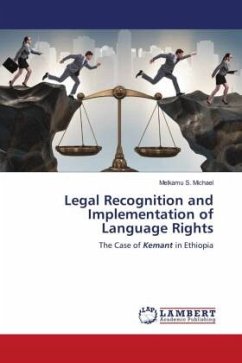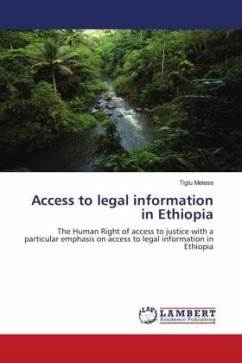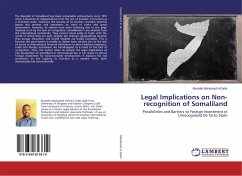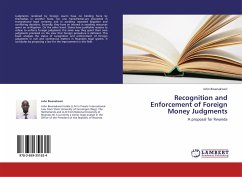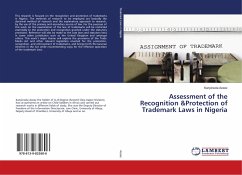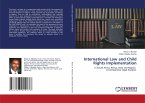History always remembers the pre-1991 political regimes of Ethiopia as were not comfortable to almost all ethno-linguistic minorities throughout the country since the motivation behind these regimes was to craft national unity by assimilating minority languages into the mainstream language-Amharic. The Kemant people can be cited as one of those ethno-linguistic minorities in Ethiopia that lack official recognition and protection for embellishing its own language-kemantney. Within this framework, this research tried to assess the status of kemantney language, the root causes behind its endangerment and the tools for its revitalization. Among those root causes, the research found the action or inaction of the government as the core cause for the endangerment of kemantney language both in the past and present political regimes of Ethiopia. In the past, the active Government-Sponsored-Christianization campaign over the Kemant people played the great role in rupturing the overall group identity of Kemant people and that culminated in creating deep-rooted stigma against Kemant ethnic identity and the denigration of language itself.
Bitte wählen Sie Ihr Anliegen aus.
Rechnungen
Retourenschein anfordern
Bestellstatus
Storno

